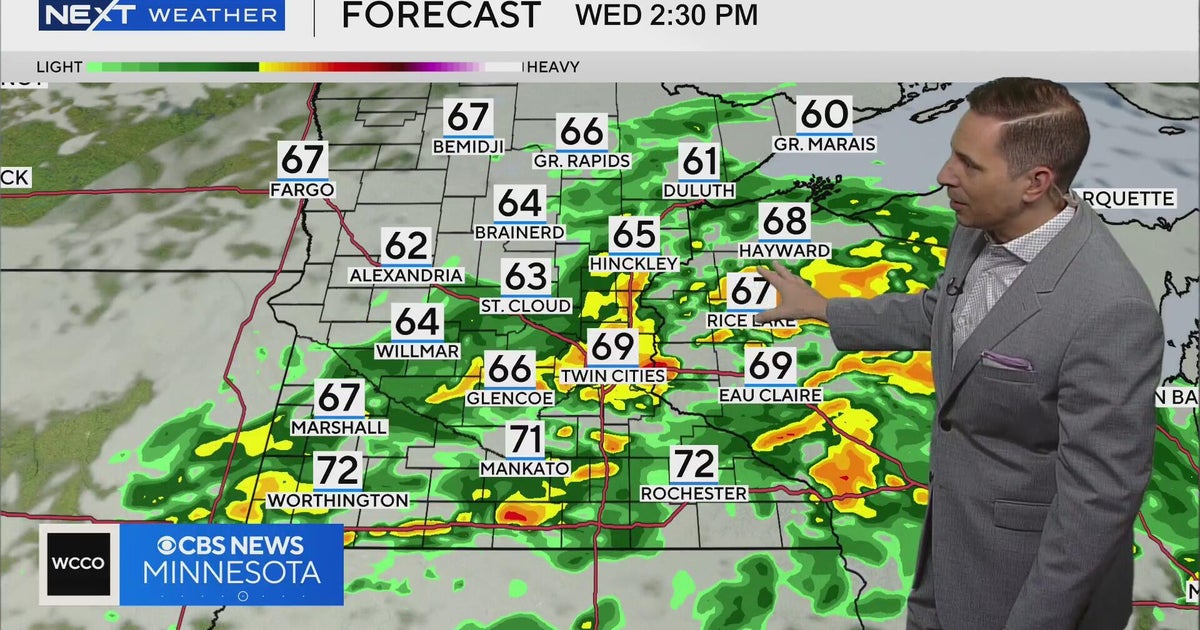Group cautions FCT community against indiscriminate dumping of plastic waste
The Hearts Heartist Support Foundation has cautioned residents in the Gishiri community of the Federal Capital Territory (FCT), Abuja, against indiscriminate dumping of plastic waste, highlighting their negative impacts on the environment.
This observation was made on Monday in Gishiri during the staging of Maale, a community theatre project by Ruth Mahogany and Hearts Heartist Support Foundation in collaboration with the Embassy of France.
The campaign, organised in line with World Environment Day 2025, which focused on tackling plastic pollution, raised awareness about the impact of plastic waste while encouraging creative reuse within local communities.
In her remarks, a creative director and writer of Maale, Ruth Mahogany, lamented that cities across the country are becoming contaminated due to the indiscriminate dumping of plastic waste. She informed residents that plastic waste can persist on Earth for up to 900 years without decomposing, thereby causing environmental pollution.
She noted that the production explored themes of environmental care, reverence for mother earth, and the often-overlooked mental health of mothers who carry so much.
According to her, there are better ways of recycling plastic instead of dumping them indiscriminately, adding, “Plastic is not something that decays in the ground. If you throw plastic here for 900 years, you will come back and meet it. We are simply suggesting that there are better ways to manage plastic and recycle it.
“It can be used to create other things, rather than just leaving it like that to contaminate our cities. Plastic can be used for arts, there are products made from plastic, so surely, it can be recycled.
“So I know that there are companies that look for plastic, so if it is packed, well packaged, well, it can be recycled. But apart from that, plastic is also used for pack designs. It can be used for arts and even earrings.”
Earlier, the performance drew a strong turnout and meaningful engagement from community members. Told through a relatable, indigenous narrative, Maale combined storytelling, dance, song, and symbolism to spark conversations and reflection on sustainability and shared responsibility.













